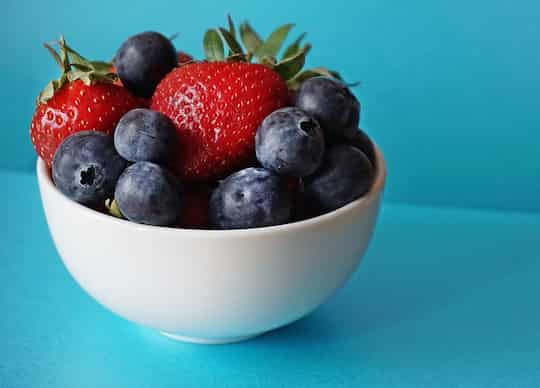The plant chemicals that have a cardioprotective effect, including lowering blood pressure levels.
A higher flavonoid intake improves the composition of gut microbiota and lowers blood pressure, research finds.
Flavonoids are natural compounds mainly found in fruits and vegetables, which may lower the risk of heart disease.
The diversity in gut microbiota is greater when consuming flavonoid-rich foods such as apple, pears, berries, tea, dark chocolate, and red wine which results in reducing blood pressure levels.
Researchers suggest that the composition of the gut microbiota (microorganisms in the digestive tracts) is different between people with and without cardiovascular disease.
Professor Aedín Cassidy, the study’s senior author, said:
“Our gut microbiome plays a key role in metabolizing flavonoids to enhance their cardioprotective effects, and this study provides evidence to suggest these blood pressure-lowering effects are achievable with simple changes to the daily diet.”
The research team recruited 904 adults and assessed their food intake, gut microbiome and blood pressure levels.
Here is a summary of their findings:
- Participants who consumed the highest amounts of flavonoid-rich foods such as apples, pears, and berries had an immensely diverse gut microbiota and a lower systolic blood pressure compared to those who didn’t eat enough foods rich in flavonoids.
- Up to 15 percent of the relationship between high flavonoid intake and reduction in blood pressure could be explained by the diversity of the microbiome.
- An intake of one-and-a-half cups of berries per day, equivalent to 128 grams or 1.6 servings, was linked to a 4.1 mm Hg lower systolic blood pressure.
- Drinking 250 ml of red wine per week was linked to a 3.7 mm Hg reduction in systolic blood pressure.
Professor Cassidy said:
“Our findings indicate future trials should look at participants according to metabolic profile in order to more accurately study the roles of metabolism and the gut microbiome in regulating the effects of flavonoids on blood pressure.
A better understanding of the highly individual variability of flavonoid metabolism could very well explain why some people have greater cardiovascular protection benefits from flavonoid-rich foods than others.”
The study was published in the journal Hypertension (Jennings et al., 2021).

